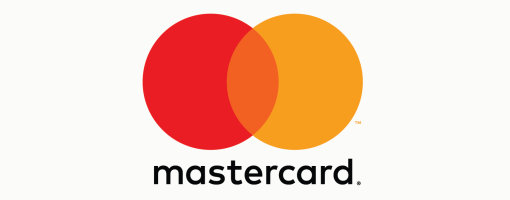Smaller challenger banks beat High Street banks when it comes to savings and current accounts, according to Which?.
The consumer champion surveyed several customers to find out their experiences to compile a list of recommended providers (WRPs). Each bank was given a product score based on several elements including fees and how customers can operate their accounts.
In terms of savings accounts, online and app-based provider Zopa achieved a customer score of 78 per cent, scoring five stars for application process, and four stars for communication and transparency.
Which? awarded Marcus by Goldman Sachs a WRP endorsement for the third year running. The account received the top customer score of 85 per cent as well as five stars for its application process and communication.
For current accounts, Which? gave Starling Bank WRP status and said it was one of the best current account providers for mobile banking.
Amongst the High Street banks, Nationwide scored the highest. Which? said its in-branch service received four stars, the highest mark received by any of the banks.
Which? added that the Bank of Ireland UK is the lowest-ranked current account provider, with a score of 63 per cent. Virgin Money also came near the bottom, scoring 68 per cent overall and just two stars for call waiting times.
Additionally, TSB and HSBC ranked near the bottom for current accounts, each scoring 69 per cent and just two stars for telephone banking and branch services.
FStech has reached out to Virgin Money, Bank of Ireland UK, TSB and HSBC for comment.
“Lots of us stick with the same bank for years, but with clear gaps between the best and worst providers, customers unhappy with their service or rate should consider switching,” said Ele Clark, senior money editor at Which?. “If you’re thinking of moving banks, don’t let enticing offers of free cash be your sole motivation. While we could all do with a cash injection right now, poor customer service might prove more frustrating than the introductory offer is worth.”
Latest News
-
Gemini to cut quarter of workforce and exit UK, EU and Australia as crypto slump forces retrenchment
-
Bank ABC’s mobile-only ila bank migrates to core banking platform
-
Visa launches platform to accelerate small business growth in US
-
NatWest to expand Accelerator programme to 50,000 members in 2026
-
BBVA joins European stablecoin coalition
-
eToro partners with Amundi to launch equity portfolio with exposure to ‘megatrends’
Creating value together: Strategic partnerships in the age of GCCs
As Global Capability Centres reshape the financial services landscape, one question stands out: how do leading banks balance in-house innovation with strategic partnerships to drive real transformation?
Data trust in the AI era: Building customer confidence through responsible banking
In the second episode of FStech’s three-part video podcast series sponsored by HCLTech, Sudip Lahiri, Executive Vice President & Head of Financial Services for Europe & UKI at HCLTech examines the critical relationship between data trust, transparency, and responsible AI implementation in financial services.
Banking's GenAI evolution: Beyond the hype, building the future
In the first episode of a three-part video podcast series sponsored by HCLTech, Sudip Lahiri, Executive Vice President & Head of Financial Services for Europe & UKI at HCLTech explores how financial institutions can navigate the transformative potential of Generative AI while building lasting foundations for innovation.
Beyond compliance: Building unshakeable operational resilience in financial services
In today's rapidly evolving financial landscape, operational resilience has become a critical focus for institutions worldwide. As regulatory requirements grow more complex and cyber threats, particularly ransomware, become increasingly sophisticated, financial services providers must adapt and strengthen their defences. The intersection of compliance, technology, and security presents both challenges and opportunities.
© 2019 Perspective Publishing Privacy & Cookies













Recent Stories